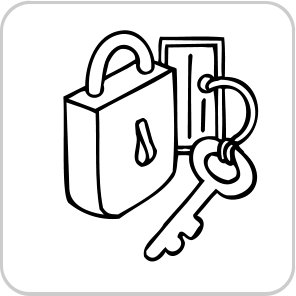

Module 11 - Psychological Therapies and Social Interventions
Key Learning Points:
1.
Psychological therapies may be useful for a
range of problems in people with an
intellectual disability.
2.
For people with a more severe disability,
positive behaviour support may be the
most appropriate mode of psychological
treatment.
3.
People with a borderline or mild
intellectual disability may be able to
engage in modified cognitive behavioural
therapy, anger managment or supportive.
therapy, and sometimes in other forms of therapy where clinically indicated.
4.
Only skilled and experienced clinicians should attempt psychological therapies in
people with an intellectual disability.
5.
Very highly trained clinicians are required where there is a history of psychosis,
personality disorder, post-traumatic stress disorder or severe challenging behaviour.















